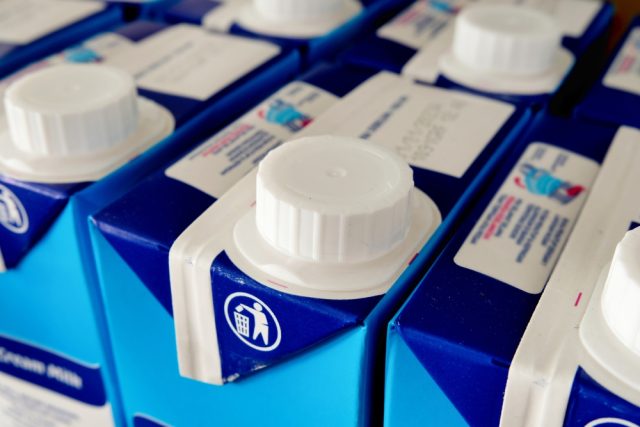
In the final stretch of a year characterized by the effects of the war against Ukraine and political and economic instability, which have gradually manifested themselves over the last few months at breakneck speed and are striking hard at the economic and moral foundations of the West, the European agri-food industry, along its entire value chain, has begun to evidence the tensions to which it is being subjected.
There is no doubt, in this great play about the decadence of Europe, directed by the famed director without stripes, Ursula Gertrud von der Leyen, the main plot revolves around an unmistakable feeling, which strongly squeezes the hope of the whole audience, a sinister companion that accompanies more and more European families and that does not stop whispering its terrible song: uncertainty. Behind the scenes, the fear of shortages of certain basic products has intensified in European sentiment.
There is one product that illustrates, with particular lucidity, the tensions in the European agri-food chain. During the last few weeks, a well-known Spanish distribution chain suffered a temporary shortage of one of the products that, because of its nutritional value and low price, is essential for the food supply of the entire population: milk. The Spanish case is no exception among its European counterparts. The panic was on and tickets were sold out.
Milk is not only an institution in the gastronomic culture of Europe and a reference in our popular culture, it is also a great economic engine that reflects the economic health and the connection of the great European cities with their already forgotten traditions, so rooted in the first processes of obtaining dairy products: the rural world – what is left of it.
The audience, crammed into the hall, subjected to the stupor and inaction of the European institutions, has begun to grow restless in their seats, which feel smaller and smaller and more and more anxious.
The media all over the European continent have been quick to react to this terrible play and are beginning to repeat the same question: Is Europe’s food sovereignty secure?
There are three main players in the value chain in the subplot of this decadent play: farmers, the processing industry and the large-scale retail trade.
The large chains have been raising the retail price of milk cartons for months, but this does not seem to be enough. For their part, the sharp rises in production costs being suffered by farmers and livestock breeders have raised the tension in the entire European agricultural sector. The potato is hot and nobody wants to be the first to take a bite, while the European institutions are incapable of controlling the inflationary drift.
The rural world looks with great concern at the high number of livestock farms closing and thousands of families, traditionally rooted in the rural environment, are being driven to absolute ruin, which means the renunciation of ways of life that are increasingly absent. For its part, the industry fights for the last liter of milk, aware that, in a few months, it may undergo a terrible transformation: it will cease to be a basic good and become an expendable good.
These tensions end up being passed on to the end consumer, who has less and less disposable income. Small and medium-sized companies, which are an essential part of the productive fabric, are the main victims of this situation. The high indebtedness and the difficulty of competing against large companies, unable to adjust their cuts, leaves open the curtain that shows who will be the first to perish.
And in the meantime, the concern does not cease to whisper to us: Is Europe’s food sovereignty assured?



 Subscribe
Subscribe